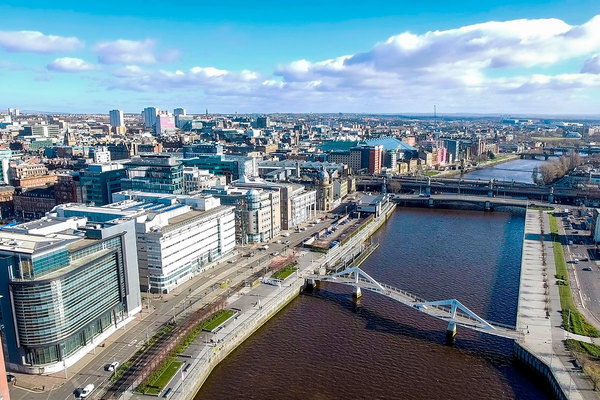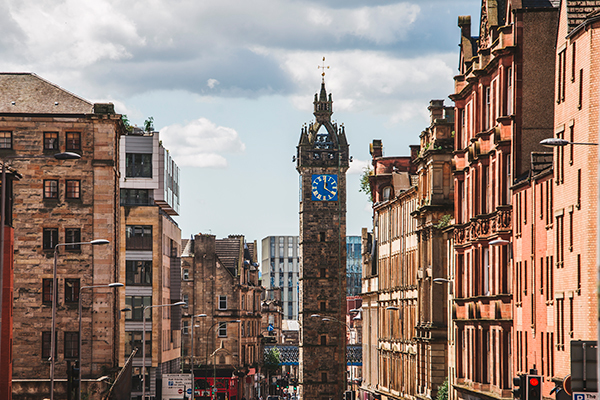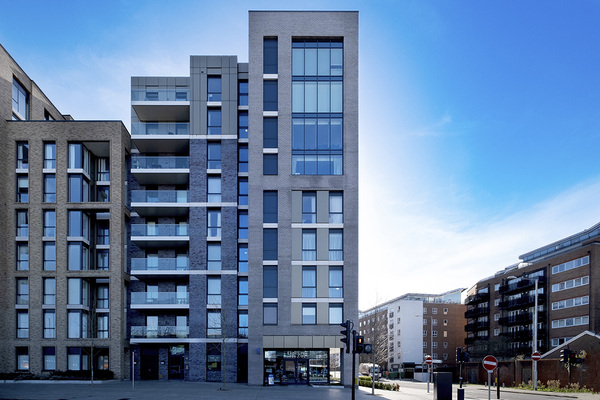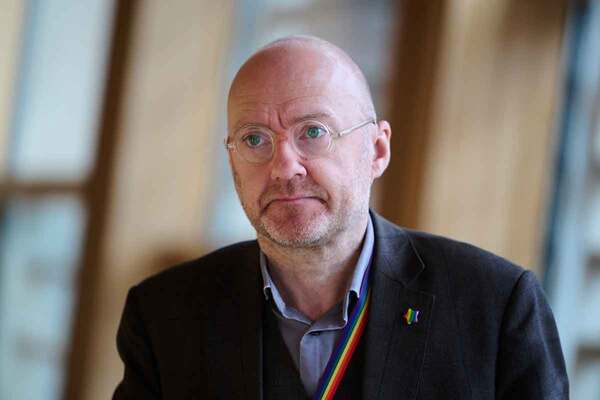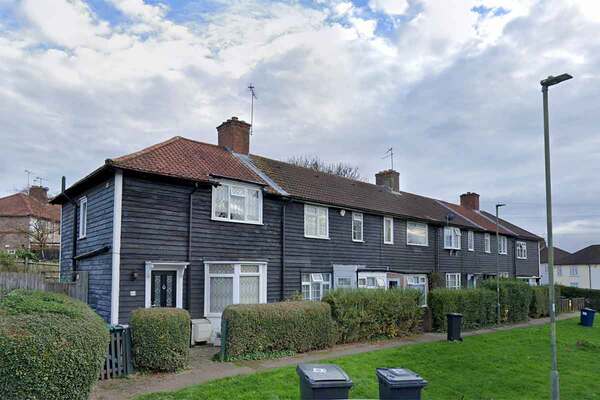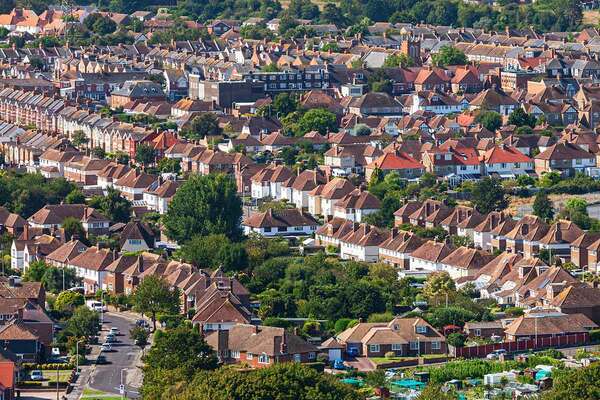You are viewing 1 of your 1 free articles
Glasgow Council ‘rationed’ temporary accommodation before pandemic, regulator investigation finds
Glasgow City Council did not ensure it had enough temporary accommodation to meet housing need before the pandemic, but has complied with its statutory duty in almost all instances since the crisis started, the Scottish Housing Regulator (SHR) has found.
An investigation into Glasgow Council’s homelessness service found it was “in effect, rationing temporary accommodation” by prioritising the most vulnerable, due to a shortage in supply before the pandemic hit.
However, the council has made improvements to its service since a previous SHR inquiry and has found temporary accommodation for the vast majority of homeless people during the COVID-19 crisis, the regulator found.
In December last year, the SHR announced it was launching an investigation into Glasgow Council’s service for homeless people, nearly two years after it first published a report highlighting a range of weaknesses, including a failure to house people quickly enough.
Local authorities in Scotland have a duty to find temporary accommodation for anyone who becomes homeless through no fault of their own, compared with councils in England which only have to house people in ‘priority need’.
But in 2019/20, Glasgow Council failed to offer temporary accommodation in 3,786 incidences, meaning it failed to comply with its statutory duties on nearly one in three applications.
In today’s report, the SHR concluded that “prior to the pandemic there was a disconnect between the council’s stated strategy and policy on homelessness and the practice in its service delivery about meeting its legal duties in relation to temporary accommodation”.
It acknowledged the level of challenge being faced by the council, which received 16.4% of all homelessness applications in Scotland in 2019/20, but said it witnessed “an acceptance in the council’s management of presentations by people with nowhere to stay that it could not always comply with its duty to provide temporary accommodation”.
It added: “We saw evidence of the council’s staff working hard to accommodate people and meet their needs within this, although they were not always able to do so given the inadequate supply of suitable temporary accommodation.”
Despite the council’s statutory duty not being based on priority need, the regulator said the local authority completes a “risk assessment” of those who need temporary accommodation, which it uses to inform allocations.
However, it found the council “does not provide its staff with clear policies and procedures to guide their decisions on providing temporary accommodation”. Glasgow Council told the regulator it is looking to provide staff with this.
The SHR also noted that the council had made a number of improvements to its homelessness service following the initial 2018 report, including a reduction in the time taken to secure settled accommodation for people who are homeless, as well as the amount of time taken to make decisions on homeless applications.
While the regulator’s inquiry was originally supposed to run from December 2019 until May 2020, the work was paused in March this year due to the COVID-19 pandemic.
Between April and August 2020, the council made 5,337 offers of temporary accommodation to 4,138 households and failed to offer temporary accommodation to 32 households that needed it on 39 occasions.
The SHR made a number of recommendations as part of its report, including developing and implementing a temporary accommodation strategy and providing staff with clear guidance, procedures and training to help them make appropriate decision.
It also recommended that the council ensures it has an adequate level of suitable temporary accommodation to help it meet the requirements of the Unsuitable Accommodation Order, which will soon prevent councils in Scotland from housing anyone in hotels or B&Bs for more than one week.
Michael Cameron, chief executive of the SHR, said: “The council has undertaken and continues to undertake a wide programme of improvement and transformation activity as part of its Rapid Rehousing Transition Plan. It has made some important improvements in its service.
“The council should address the weaknesses we identified in its approach to temporary accommodation to help it build on and sustain compliance with its statutory duty to provide temporary accommodation and prepare for the extension of the Unsuitable Accommodation Order.
“It should ensure that it has an adequate level of suitable temporary accommodation which meets the diverse needs of people experiencing homelessness.
“We expect the council to ensure that its recovery plans address the weaknesses in its approach to temporary accommodation.”
A spokesperson for Glasgow Council said: “We welcome this report from the regulator and their recognition that improvements have been made to our homelessness service in spite of the challenges we face.
“The service has improved in several areas, including preventing the cycle of repeat homelessness, however our biggest challenge remains our access to temporary accommodation.
“This cannot be solved overnight. The council does not have its own housing stock, so we will continue to work with the city’s 68 registered social landlords (RSLs) and City Building to bring quality temporary accommodation back into use as quickly as possible.
“We remain committed to working in partnership with the third sector and RSLs on a range of improvements we are making through our Rapid Rehousing Transition Plan, our new Alliancing model and Housing First. We are pleased that this is an area the regulator has also highlighted improvements in.”
Sign up for our daily newsletter
Already have an account? Click here to manage your newsletters



